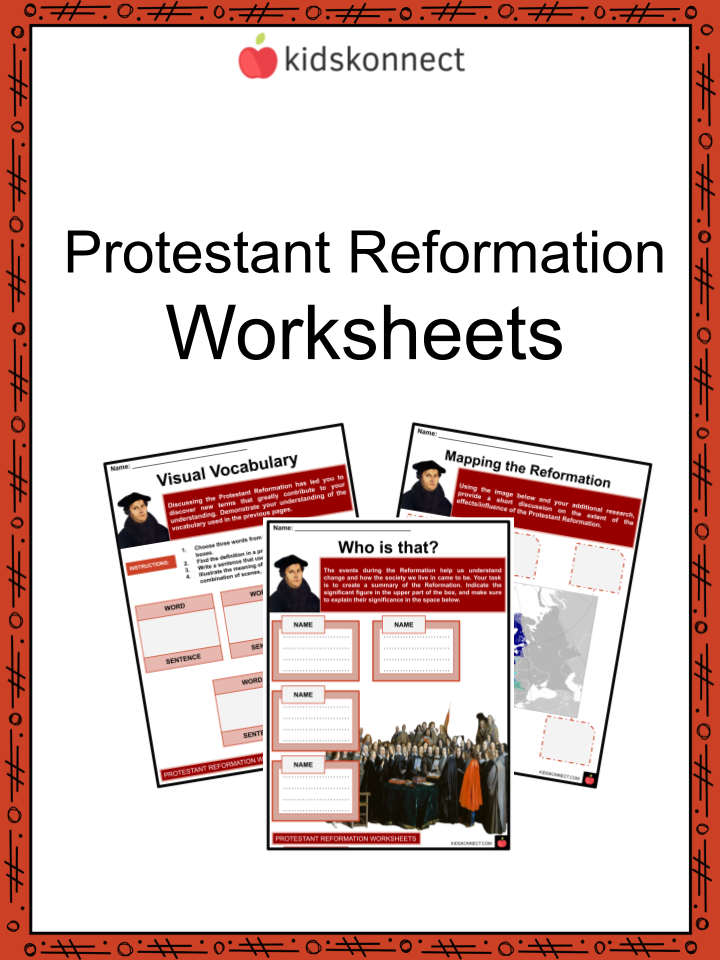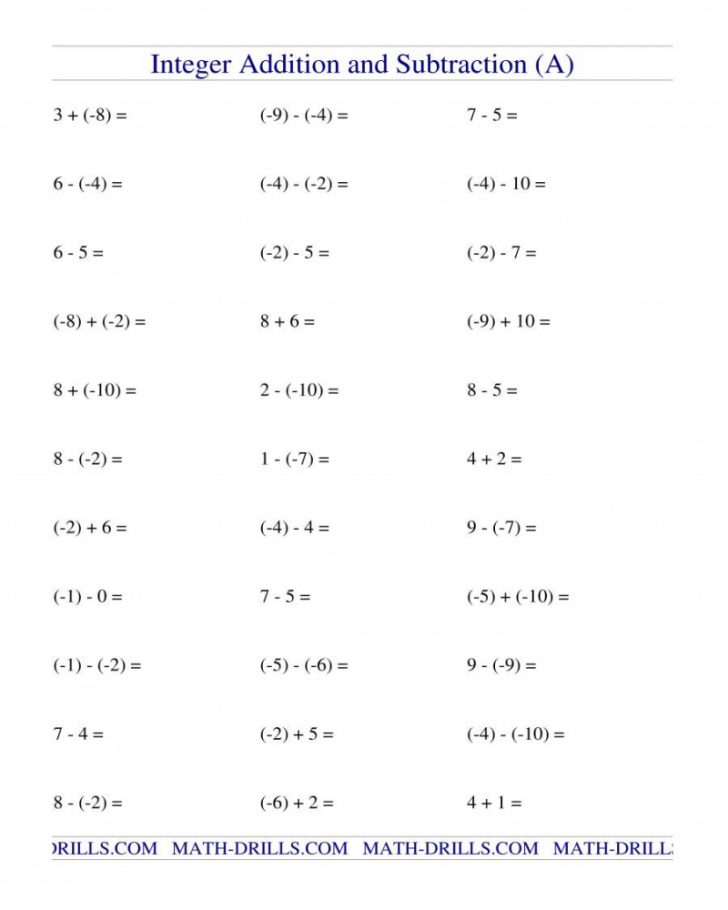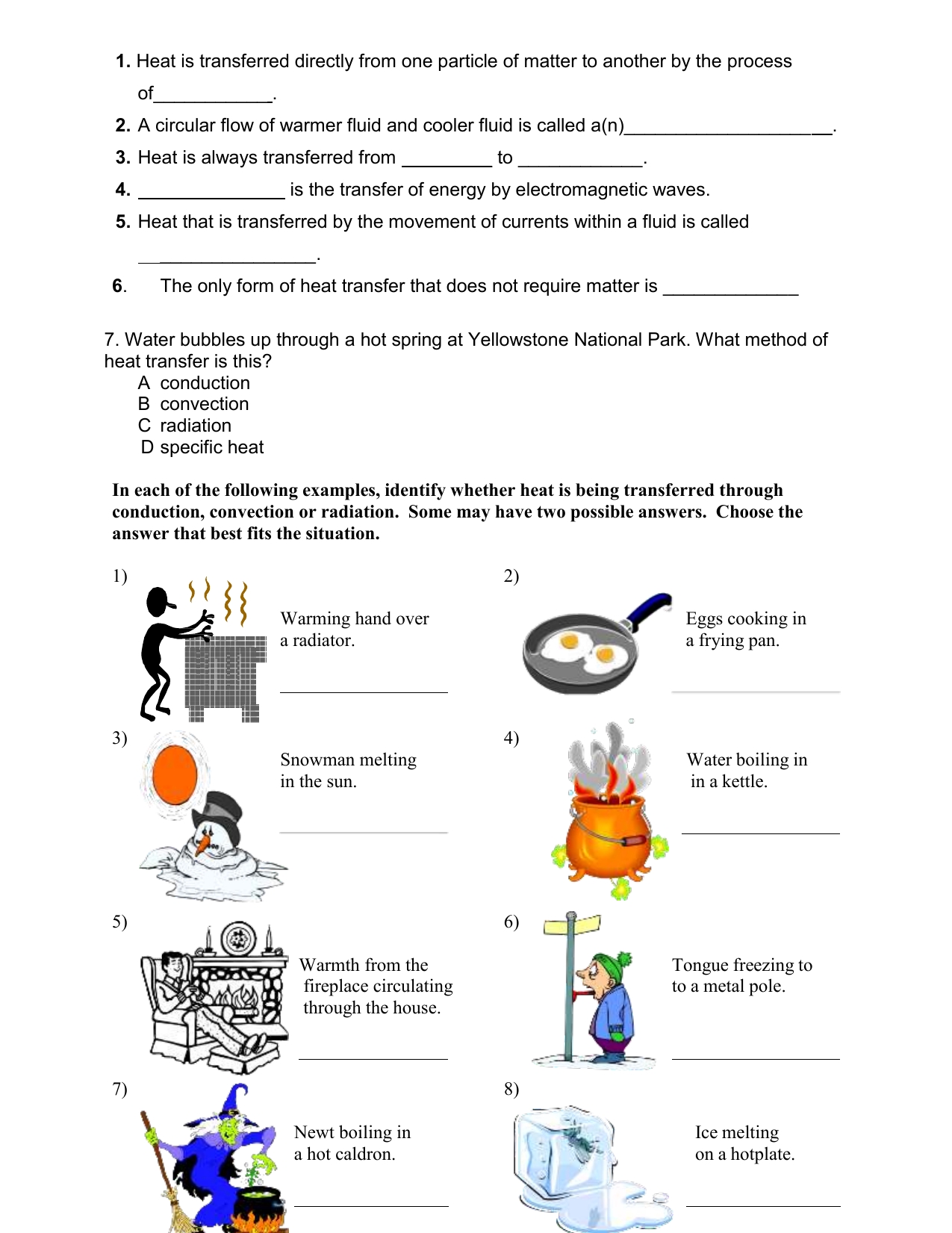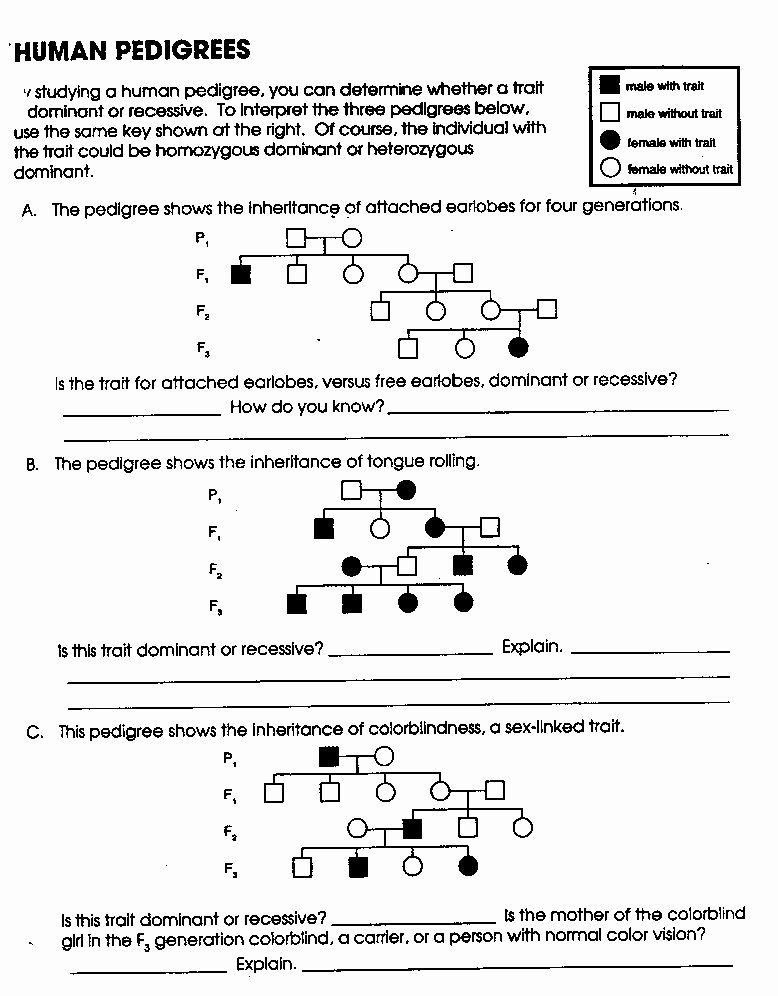The Protestant Reformation Made Simple

Understanding the Protestant Reformation
The Protestant Reformation was a significant event in Christian history that took place in the 16th century. It was a time of great change and upheaval, marked by a split from the Roman Catholic Church and the emergence of new Christian denominations. In this blog post, we will explore the key events, figures, and ideas that shaped the Protestant Reformation, making it more accessible and easier to understand.
The Causes of the Reformation
The Protestant Reformation was sparked by a combination of factors, including:
- Corruption within the Catholic Church: The sale of indulgences, where people could pay for forgiveness of their sins, was a major issue. Many saw this as a corrupt practice that undermined the principles of Christianity.
- Disagreements over doctrine: Theologians like Martin Luther and John Calvin began to question certain Catholic teachings, such as the authority of the Pope and the role of tradition in interpreting scripture.
- Nationalism and politics: The rise of nation-states and the decline of the Holy Roman Empire created an environment where local leaders and monarchs were more willing to challenge Catholic authority.
Key Figures of the Reformation
- Martin Luther: A German theologian and monk who is often credited with starting the Reformation. His famous Ninety-Five Theses, which criticized the sale of indulgences, sparked a wave of protests and debates.
- John Calvin: A French theologian who developed the theological system known as Calvinism. His ideas about predestination and the sovereignty of God had a significant impact on Protestant thought.
- Henry VIII: The English monarch who broke away from the Catholic Church and established the Church of England, with the monarch as its head.
The Five Solas of the Reformation
The Protestant Reformation was guided by five core principles, known as the Five Solas:
- Sola Scriptura (Scripture alone): The idea that the Bible is the ultimate authority in matters of faith and practice.
- Sola Fide (Faith alone): The notion that salvation comes through faith in Jesus Christ, rather than through good works or sacraments.
- Sola Gratia (Grace alone): The understanding that salvation is a gift from God, given through his grace and mercy.
- Solus Christus (Christ alone): The emphasis on Jesus Christ as the sole mediator between God and humanity.
- Soli Deo Gloria (Glory to God alone): The conviction that all things should be done to the glory of God, rather than for human praise or recognition.
The Impact of the Reformation
The Protestant Reformation had far-reaching consequences, including:
- The emergence of new Christian denominations: The Reformation led to the creation of Protestant churches, such as Lutherans, Calvinists, and Anglicans.
- The translation of the Bible into vernacular languages: The Reformation sparked a renewed interest in biblical translation, making scripture more accessible to ordinary people.
- The development of modern democracy: The Reformation’s emphasis on individual liberty and the priesthood of all believers contributed to the growth of democratic ideals.
📝 Note: The Reformation was a complex and multifaceted event, and this blog post provides a simplified overview. For a more in-depth exploration, we recommend consulting scholarly sources and historical accounts.
The Legacy of the Reformation
The Protestant Reformation continues to shape Christian thought and practice today. Its emphasis on individual faith, biblical authority, and the priesthood of all believers has had a lasting impact on Western society.
As we reflect on the Reformation’s legacy, we can appreciate the ways in which it has:
- Shaped modern Christianity: The Reformation’s influence can be seen in the diversity of Christian denominations and the ongoing debates about theology and practice.
- Influenced Western culture: The Reformation’s emphasis on individualism, literacy, and education has contributed to the development of modern Western culture.
- Inspired social and political change: The Reformation’s ideas about liberty, equality, and justice have inspired social and political movements throughout history.
Final Thoughts
The Protestant Reformation was a pivotal moment in Christian history, marked by a complex interplay of theological, social, and political factors. As we reflect on its legacy, we can appreciate the ways in which it continues to shape our understanding of faith, community, and society.
What was the main cause of the Protestant Reformation?
+
The main cause of the Protestant Reformation was a combination of factors, including corruption within the Catholic Church, disagreements over doctrine, and nationalism and politics.
Who were the key figures of the Reformation?
+
The key figures of the Reformation included Martin Luther, John Calvin, and Henry VIII.
What were the Five Solas of the Reformation?
+
The Five Solas of the Reformation were Sola Scriptura, Sola Fide, Sola Gratia, Solus Christus, and Soli Deo Gloria.
Related Terms:
- Protestant Reformation worksheet PDF
- English Reformation Worksheet
- Reformation activity



